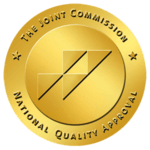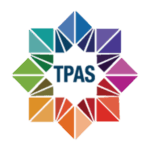Identifying Marijuana Addiction
While the immediate signs of marijuana use can inform when an individual is under the influence of the drug, there are other questions to ask when it comes to identifying how marijuana addiction may continue to impact a person at all hours of the day. Asking oneself or a loved one the right questions can illuminate how marijuana may affect one’s daily life. Some key questions to ask are:
- Do you think about marijuana during other activities?
- Have you ever stayed in or avoided situations in order to use marijuana?
- Do you use more marijuana now to attain the same effect?
- Do you feel anxious when not using the drug?
- Have you distanced yourself from previous hobbies while increasing marijuana use?
- Have you ever used more than intended or in situations you weren’t planning or expecting?
- Have you questioned your own use of marijuana?
- Wanted to cut back your use of the drug but couldn’t?
Marijuana and Mental Health
Marijuana use and abuse directly affect a person’s mental health, and leaving one’s use of marijuana unaddressed can develop into intense mental health disorders. Generalized anxiety disorder (GAD), bipolar disorder (BD), depression, and various other mood and personality disorders are all possible as a result of marijuana addiction and require dedicated, professional treatment to address.
For some, marijuana may be used in an attempt to self-medicate mental health disorders, while for others, the chronic use of marijuana can deliver feelings of anxiety, depression, and other mental health disorders itself. The trained clinicians at Redpoint are prepared to help you understand how marijuana and your mental health inform each other and can help create a plan to tackle mental health disorders and marijuana use in tandem for a healthy, sober future.
Creating Your Best Treatment Plan
There are as many paths to sobriety as there are people, and Redpoint is dedicated to helping each client discover their own best practices for their recovery and sobriety. Your time with us is spent exploring your unique needs and goals and supplementing proven programs with personalized therapeutic modalities. From cognitive-behavioral therapy (CBT) and dialectical behavior therapy (DBT) to motivational interviewing (MI), relapse prevention, and much more, we are committed to helping you understand and overcome addiction while helping address the unique ways addiction has affected your life.
Between developing life skills, setting achievable goals, and developing interpersonal skills to reconnect and communicate with loved ones, Redpoint’s unique approach to each client journey allows us to create a personalized plan for you today.













